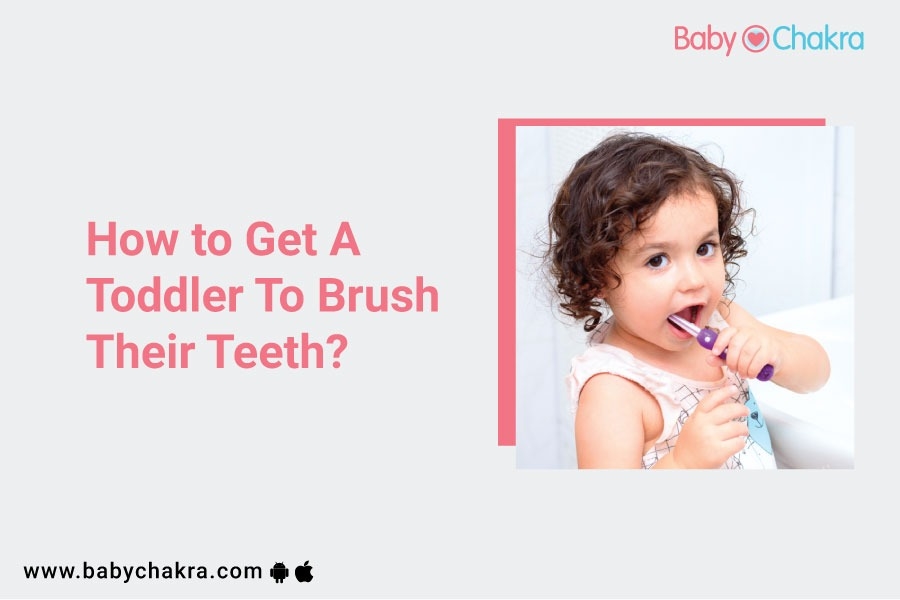
How To Get A Toddler To Brush Their Teeth?
19 Oct 2021 | 2 min Read
Dr Gautami Sharangpani
Author | 1 Articles
Getting children to stand still, open their mouths, and do the brush properly all need a parent’s enormous patience and effort. Here are some tips that parents can follow to guide their children to brush their teeth effectively and adequately.
If your Toddler is Unhappy to use Toothbrush
1. If your little one hates brushing their teeth, try using their toys to help. Get them to brush their toy’s teeth, and then you and their toy can clean your child’s teeth. You could try using silly voices to add a little fun. Children learn by playing and copying. By giving their toys in toothbrush time, you make them feel safe and have fun to get over their fear.
2. Sing a song with them. Choose a theme that your child can sing. Ensure your child’s mouth is wide open to singing along a chorus. It will sound like the roar of a lion. It may sound like a funny trick, but it can help to get the job done quicker.
3. If your child does not want to brush their last teeth, try making silly and fun noises, but only if they open their mouth wide. So when they clamp their mouth shut, you also stop! The whole session can be fun-filled, but this will help a child get their back teeth brushed.
4. Encourage your child whenever he does the brushing correctly. Your toddler learns best when you praise them the most. Likewise, your child will keep this in practice just to get your appreciation for his act.
5. To get children brushing their teeth for long enough, why not use the timer on your phone? If you don’t have a timer, maybe try playing a song that lasts 2 minutes. You can let them know how long they have to go as they’re brushing.
A


Related Topics for you
Suggestions offered by doctors on BabyChakra are of advisory nature i.e., for educational and informational purposes only. Content posted on, created for, or compiled by BabyChakra is not intended or designed to replace your doctor's independent judgment about any symptom, condition, or the appropriateness or risks of a procedure or treatment for a given person.
